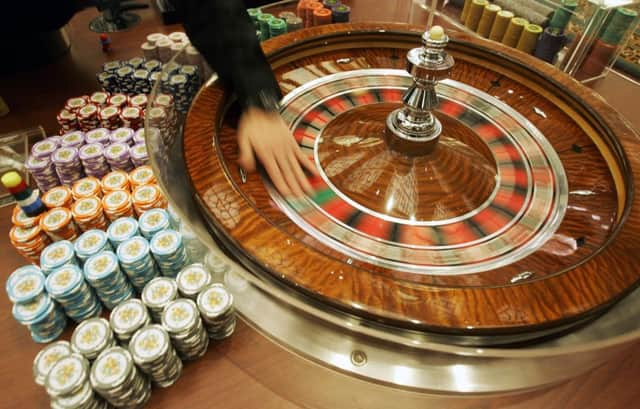Brexit will have failed if we look with envy at the EU


This is now an issue out in the open and that is a welcome change for an industry that in the past relied on stoicism to tackle problems. The event confirmed that there are many triggers for stress and depression – with money and relationship worries high on that list.
Also there is the damage that comes from uncertainty, and as Brexit goes from confusion to even more confusion the certainty about the future farmers need remains elusive. This affects everyone on the UK, regardless of how they voted back in 2016. But it affects farmers more because they face uncertainty over support payments and where they will sell what they produce. On top of that there is also the big question of whether our prime market, the UK supermarket trade, will be swamped with post-Brexit cheap food imports.
Advertisement
Advertisement
It is cold comfort, but regardless of what happens at Westminster over the coming days certainty is a long way off. If the withdrawal deal goes through in some form, it is not an end but the start of a long process of negotiation. We are over 1000 days on from the referendum but where we are now was supposed to be the easy bit. The big challenge will be to negotiate trade and other arrangements with the EU 27, and the withdrawal deal leaves more unanswered questions than it answers.
That is reality, and it is not being helped by the blood letting within the Conservative party. That could yet tear the party apart, and if that does not happen now it is a problem delayed rather than solved, regardless of who is prime minister. Ironically the only thing stopping a general election is the equal battle going on in the Labour party between radical left wing policies and pragmatism that might attract voters in sufficient numbers to allow it to form a government.
These problems will not be solved easily or quickly, and that means uncertainty will continue. On top of that, given his political ambitions, it is unlikely that Michael Gove will remain long at DEFRA, meaning the farming lobby will face a return to the drawing board on post-Brexit policy with a new minister. Another issue is what will happen to the commitment to maintain support at levels equivalent to the CAP, if there is a general election. This was a Conservative party commitment and it applied, as all such commitment do, for the lifetime of this parliament. If the parliament ends with a general election that commitment will also end. Whether it would be reinstated is far from certain, and that would be a major problem for agriculture across the UK, given its reliance on CAP support for most of its income.
What politicians forget is that they are indulging in a gambling game being played with the livelihoods of millions of families across the UK. With solid incomes and pensions if it all goes wrong it will not be their house or land on the line. Whatever way the dust settles on all of this the credibility of the political process has been damaged for millions of ordinary people, less concerned about theoretical probabilities than real and immediate economic issues. It is hard to think of a time when people, be they leave or remain supporters, had less faith in the political process. On both sides of the argument people are equally cynical about the ability of MPs to deliver a good outcome for the economy. The worthy objectives of leaving the EU and the CAP to escape red tape have been all but forgotten as more pressing issues about economic survival dominate the agenda.
Advertisement
Advertisement
Brexit will have failed if we end up in a situation where people look with envy to the EU they have left. As things stand that could happen in agriculture, if we are swamped with cheap imports; struggle to secure access to Europe for food exports; find that the power of the farming lobby has been diluted because we are no longer part of a bigger European grouping; or simply that we have swapped the CAP for even worse home produced red tape as farming moves from food production to environmental delivery. Whether any individual farmer was a remain or leave voter these are all outcomes they will want to avoid.